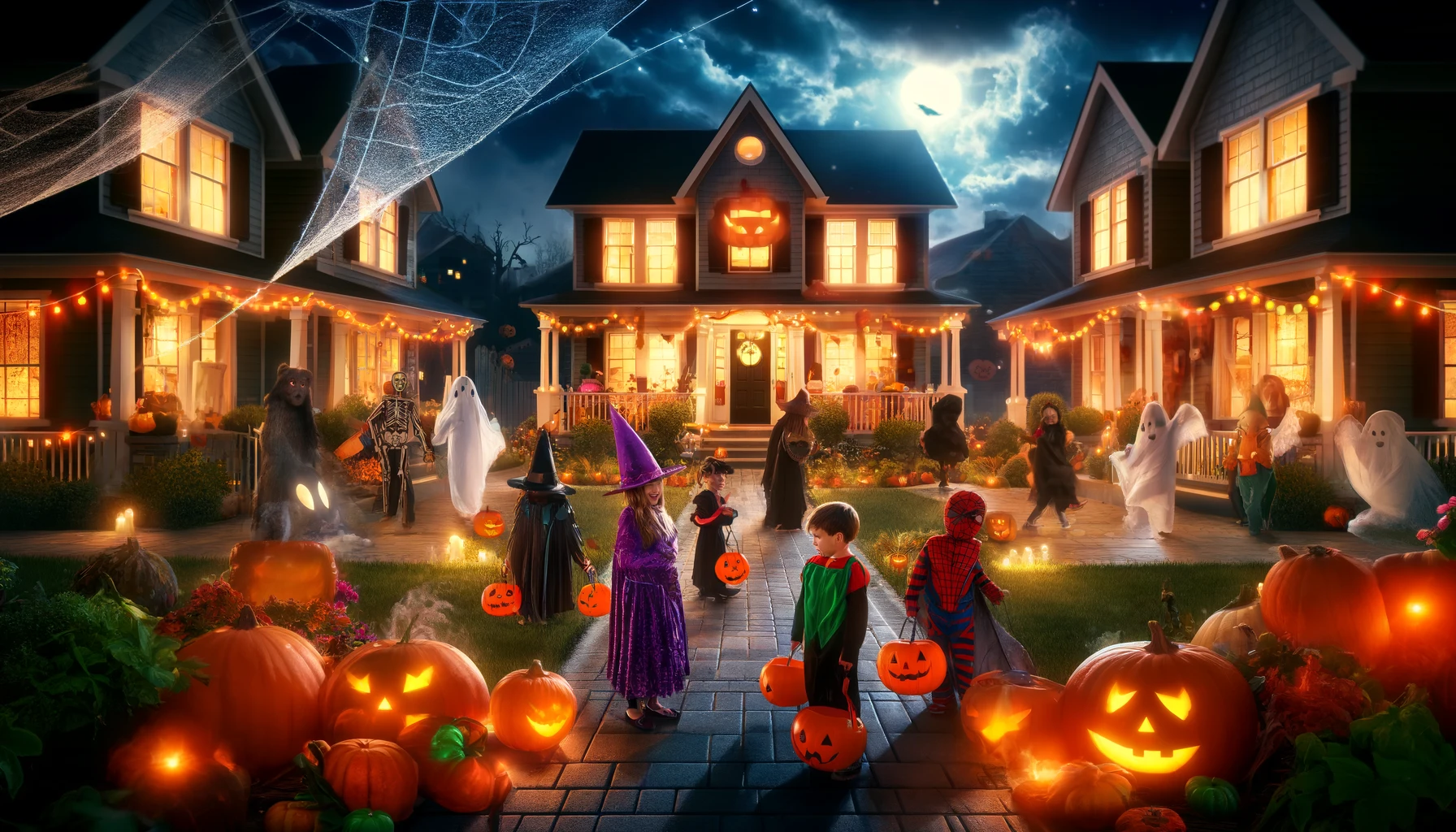Halloween, a celebration now synonymous with costumes, candies, and haunted attractions, has evolved considerably from its ancient origins. Today, it’s a major cultural and commercial phenomenon across many parts of the world, particularly in the United States. Let’s delve into how Halloween has transformed into the festive occasion we know today.
Historical Roots
The origins of Halloween can be traced back over 2,000 years to the ancient Celtic festival of Samhain, which marked the end of the harvest season and the onset of winter. It was believed that on the night of October 31, the veil between the living and the dead thinned, allowing spirits to roam the earth. To ward off these spirits, the Celts would light bonfires and wear masks.
The Influence of Christianity
As Christianity spread, it assimilated many pagan traditions. In the eighth century, Pope Gregory III designated November 1 as a time to honor all saints and martyrs, thus creating All Saints’ Day. The evening before was known as All Hallows’ Eve, eventually evolving into Halloween.
Halloween in America
Halloween reached the shores of North America with the influx of European immigrants in the 19th century. The melding of various immigrant traditions and the American spirit of innovation gave rise to new customs such as trick-or-treating, which became widespread by the mid-20th century.
Modern Celebrations
Today, Halloween is marked by activities like costume parties, pumpkin carving, and visiting haunted attractions. It’s a significant part of American culture that transcends age, with both children and adults engaging in the festivities.
Halloween’s Economic Impact
The economic impact of Halloween is staggering, with billions of dollars spent annually on costumes, decorations, candy, and parties. It is a critical time for retailers and small businesses, generating substantial seasonal revenue.

From ancient rituals to a modern-day extravaganza, Halloween continues to captivate and entertain. As it evolves, it remains a testament to the human love for storytelling, disguise, and the slightly supernatural.
